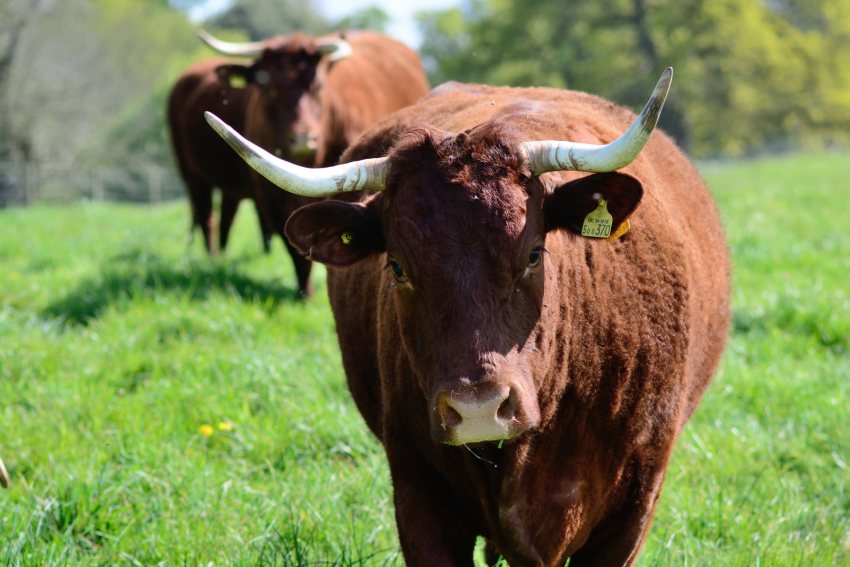
Livestock including pigs and cattle will roam and graze freely on National Trust's first ever 'super national nature reserve' in Dorset.
Three years ago, National Trust declared the Purbeck Heaths as England’s first ever ''Super NNR' as part of moves to make the area an "open grazing savannah".
The new ‘savannah’ will span about half of the Super NNR, opening up a 1,370-hectare area where ponies, pigs, cattle and deer can graze.
National Trust said the livestock will include around 200 Red Devon cattle and Mangalitsa pigs.
In March 2020, seven organisations, including National Trust and Natural England among others – joined forces to ‘knit together’ 3,400ha of habitats to help protect the area's ecosystems, forming the Purbeck Super NNR.
The super reserve consists of a rich mosaic of lowland wet and dry heath, valley mires, acid grassland and woodland, along with coastal sand dunes, lakes and saltmarsh, making it one of the most biodiverse places in the UK.
It is also home to thousands of species of wildlife, including all six native reptiles - adder, grass snake, slow worm, sand lizard, smooth snake and viviparous lizard.
"The ponies, pigs and cattle are curious animals that explore the landscape, browsing and turning over the soil in many different ways," a National Trust spokesperson said.
"Thereby creating new and improved habitats for a variety of different species, much like their ancestors have done in the past.
"We can’t bring back aurochs, the native ancestors of our domestic cattle, but we can use our 200 Red Devon cattle to graze and behave in equivalent ways.
"Similarly, Exmoor ponies mimic the actions of now-extinct tarpan horses, and the quirky, curly coated Mangalitsa pigs are rooting around like wild boars."
